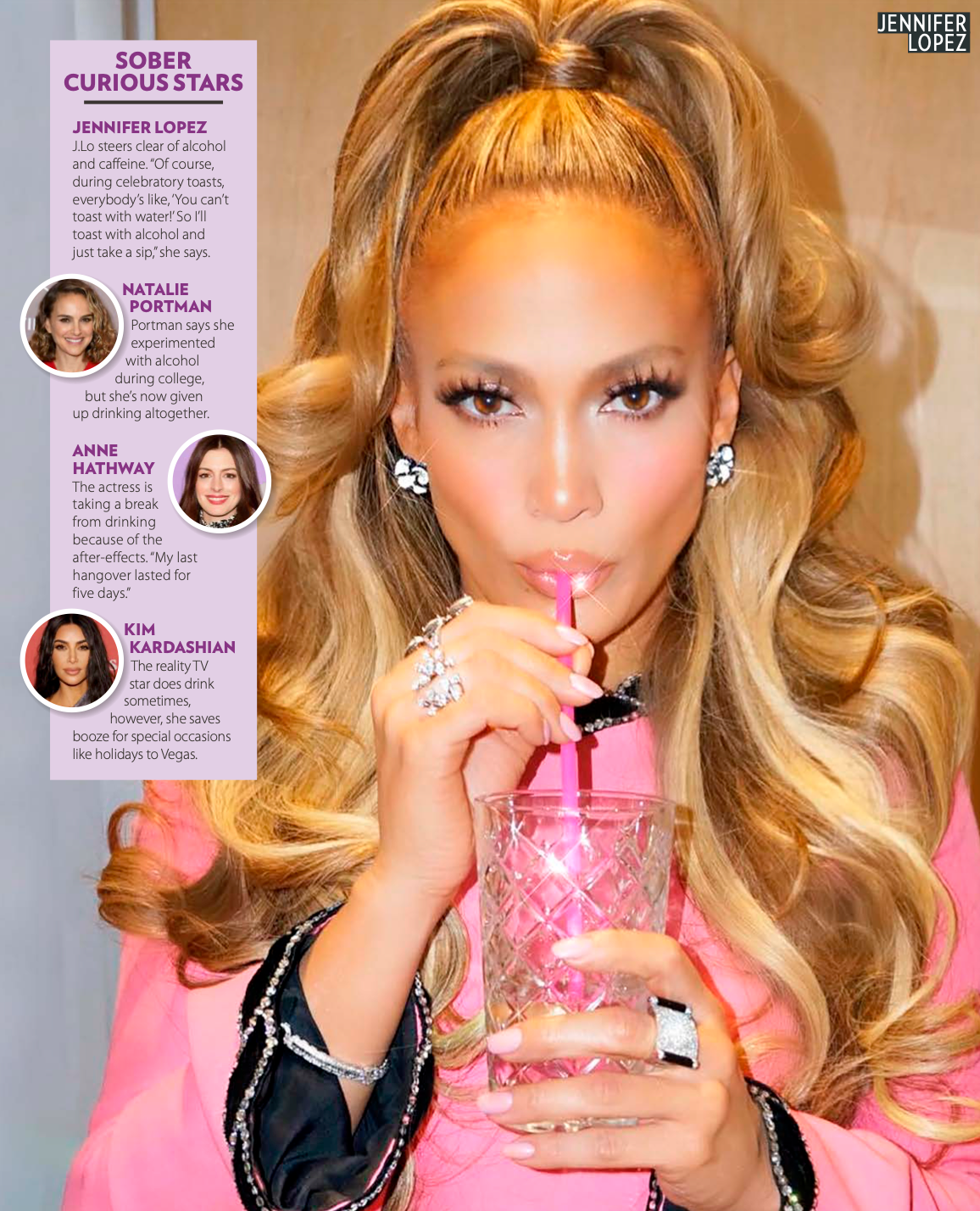We Will Survive ... Turn the Beat Around for Women's Cancers
Mary Ling • August 4, 2018
Gloria Gaynor, pink sequins and glitterballs will be out in force next month, when 300 cancer survivors and supporters don their boogie shoes at the Coast’s biggest cancer event of the year to raise funds for all women cancer.
Here are the red flags and screening checks for the 3 most common cancers in women - that should not be ignored.
1. Breast Cancer
Breast cancer is the most common cancer in Australian women, affecting 1 in 8 women in their lifetime. Early stage breast cancer has a 5-year survival of 99%, compared to 25% in late stage breast cancer.
Be Screened: Women aged between 50 and 74 years are eligible for a free mammogram every 2 years. A mammogram can pick up cancers as small as a grain of rice and screening appointments take 20 minutes (think express pedi). BreastScreen NSW has a centre in Erina and mobile vans in Woy Woy (until 24 August) and Bateau Bay (until 12 October).
Be Aware: The most common symptom is a new lump or mass. Other symptoms include change in size or shape of your breast, dimpling (orange peel appearance), nipple discharge and nipple retraction.
2. Bowel Cancer
Bowel cancer is the second most common cancer in Australia and 1 in 16 women will be diagnosed with it in their lifetime. 90% of bowel cancer cases can be treated successfully if found early.
Be Screened: Women (and men) aged between 50 and 74 years are encouraged to do a faecal occult blood test (FOBT) every 2 years. FOBT can detect tiny amounts of blood (invisible to the naked eye) in bowel movements. The test can be performed at home and involves "doing a poo and poking it with a little stick".
Be Aware: Rectal bleeding is the main symptom. Other symptoms include a persistent change in bowel habit, abdominal pain and/or bloating and unexplained weight loss.
3. Melanoma
Melanoma is the third most common cancer in Australia and the leading cause of cancer death in young Australians. Alarmingly, the Central Coast has been identified as one of the top five NSW Melanoma Hotspots by Cancer Institute NSW. 1 in 24 women will be diagnosed with melanoma some time in their life. 90% of melanomas detected and treated early are cured.
Be Screened: High risk individuals (including people with fair skin, family history and high mole count) should be taught to check their skin regularly and have annual professional skin checks.
Be Aware: The first sign is usually the appearance of a new mole or change in the size, shape, colour or texture of an existing mole. Remember melanoma can hide in sneaky places too – so don't forget to
- Ask someone to check your scalp using a hairdryer on cool to separate hair
- Inspect all areas of your feet including the soles, underneath the toenails and between the toes
- Go polish free at your next skin check so your fingernails and toenails can be examined




